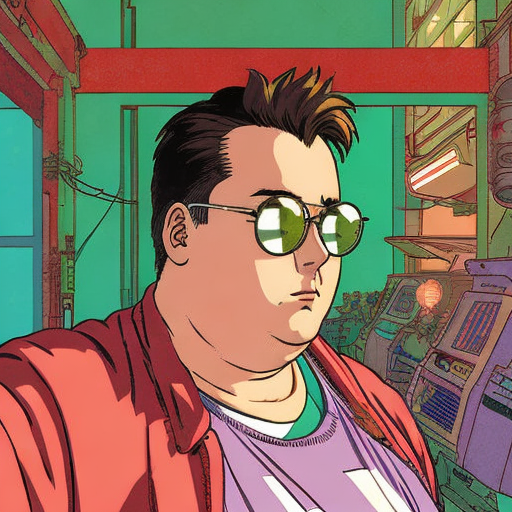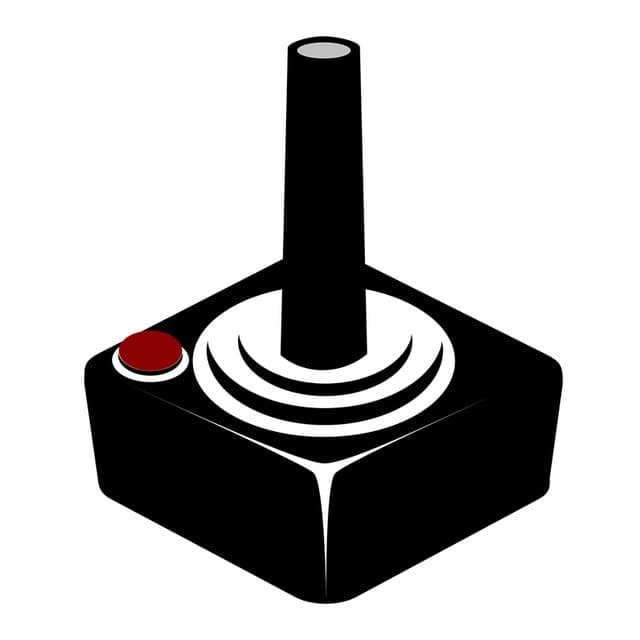

Also been enjoying Sea of Stars, it’s like the modern love child of Super Mario RPG, Lunar and Chrono Trigger
Indie Game Developer working in the San Francisco Bay Area.


Also been enjoying Sea of Stars, it’s like the modern love child of Super Mario RPG, Lunar and Chrono Trigger


Re-iterating TeaHands and Walops points. I think for me the biggest one is to start small. Like…pick something small, and then go smaller than that. I find that it can be useful to set a bronze/silver/gold endpoint for yourself:
This can help with motivation, because “failing” can often make you stop working because you de-motivated yourself, but not quite reaching your furthest estimation is motivation to push yourself.
Also something to keep in mind is that if you don’t make your bronze goal at first, this just means that you have a skill that needs to be improved: scoping. This is something everybody struggles with. I have been a professional gamedev for 10 years and I still scope things to how I think things should go, or I scope time to “feature-complete” (ie it ticks the all the boxes it was supposed to), but not “complete” (there might be bugs, the art doesn’t look right/etc…)
Also, version control is super useful, not just for tracking down bugs as Walop called out, but also for motivation. If you commit at least one thing at the end of everyday, you are basically keeping a journal of your work. This can be useful to look back on and realize even if you feel like you didnt get that much done, you can go back and see “hey I actually did all this stuff over the last week!”


The containers are useful for having multiple accounts. Eg I have a work tab that has my work Gmail/PayPal/etc accounts logged in, so I can easily switch contexts without closing all my other tabs/windows


Honestly this seems like the biggest downside of federation. It makes sense for like furry_gamedev to have its own community, but having multiple general purpose gamedev communities seems like unnecessarily splintering. I wonder if Lemmy will either add a way to combine them on the user end, or for the community side to be able to link themselves together.
The more I think about it, the more I like the idea of communities acting as entry points. Each one could act as a “node” which helps for redundancy in case one goes down, and if it only works one way then a community could remain separate if they really wanted to, but the larger community could still have posts from B showing up.


My current project is a bartender management game. You have to manage tending bar and giving people the right drinks with handling people getting too drunk and puking/fighting/etc… Still trying to figure out if/how I want to integrate making cocktails rather than just serving 1/4 beers.
I feel like Unity has just cut off the top of their user funnel with this and guaranteed their slow fall into obsolescence. Large companies using Unity won’t move away immediately, neither will many indie devs currently working on projects they are too deep into to pivot. But any new game developer will either go to Unreal or Godot if they want something ready made to ship. Companies will see what all the new talent is using, and will slowly start moving away from wanting to use Unity, since their incoming employees have other skills.
It won’t be a fast death. The “leaked” cap at 4% will quiet people down and not make anyone go bankrupt, but I do think they have irreversibly hurt their future with this wild swing.